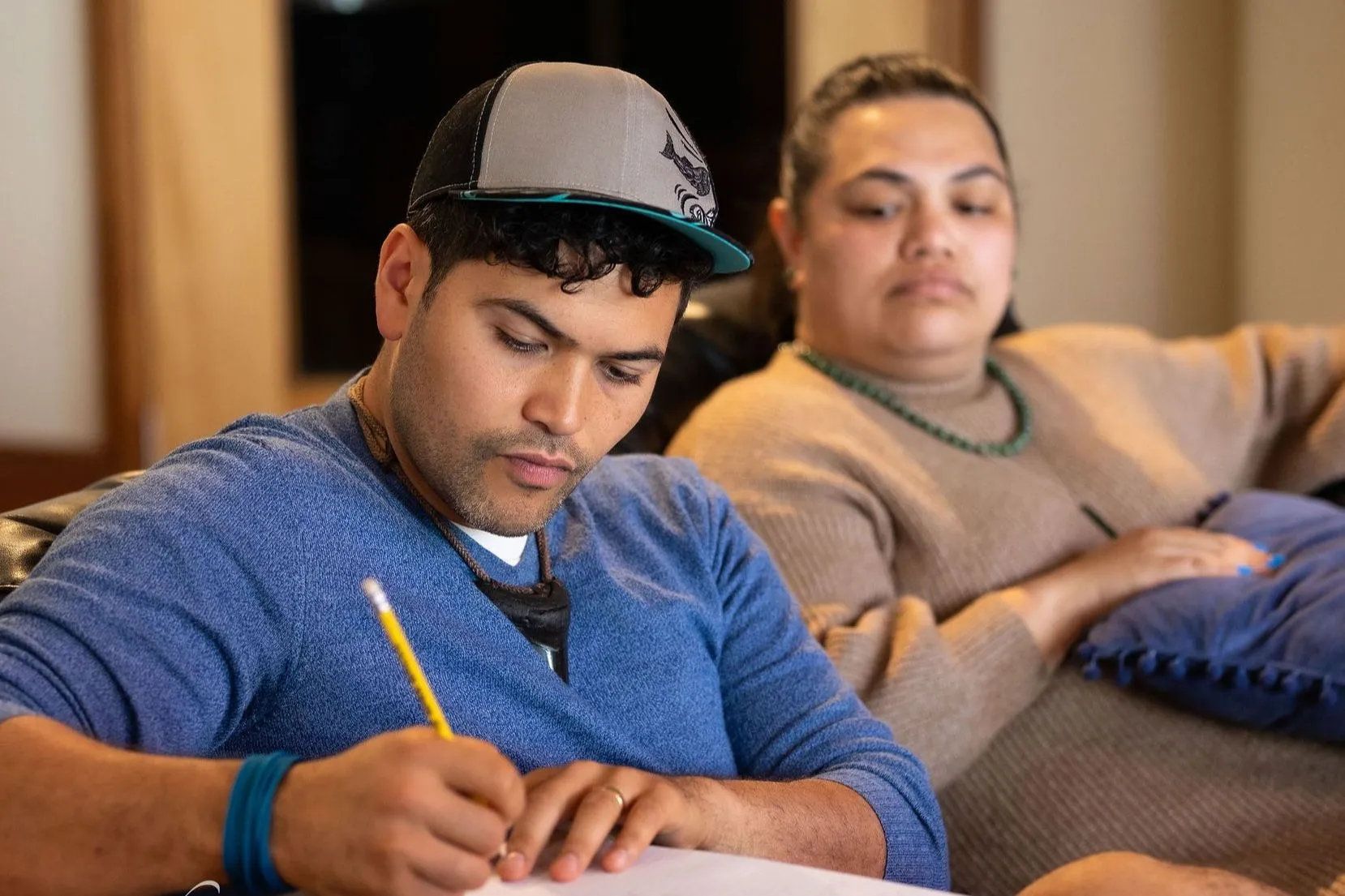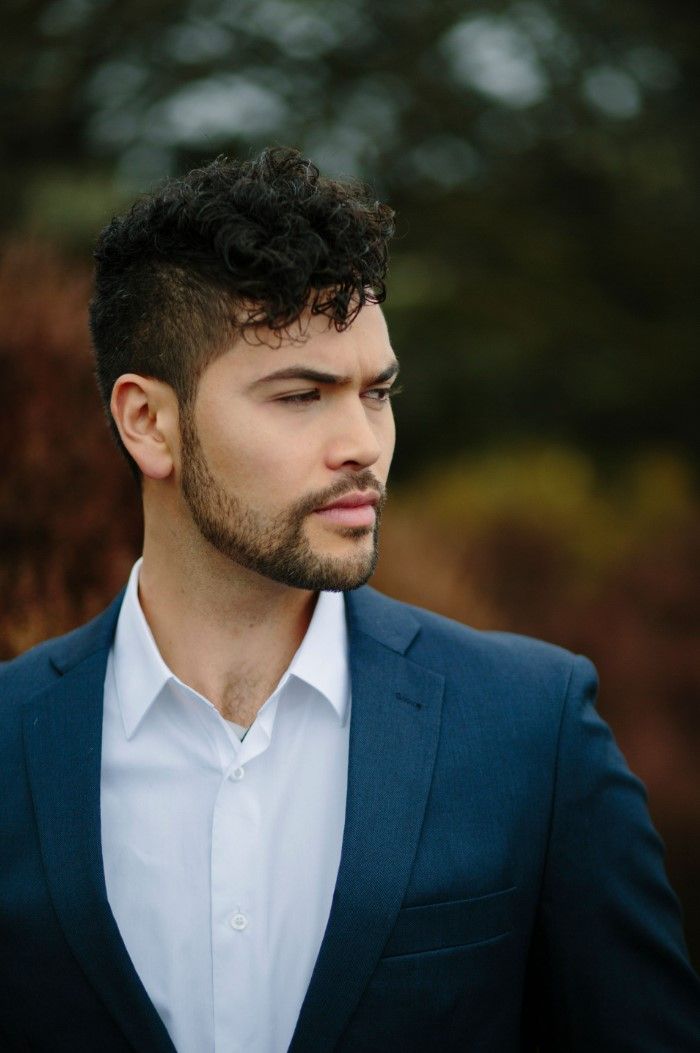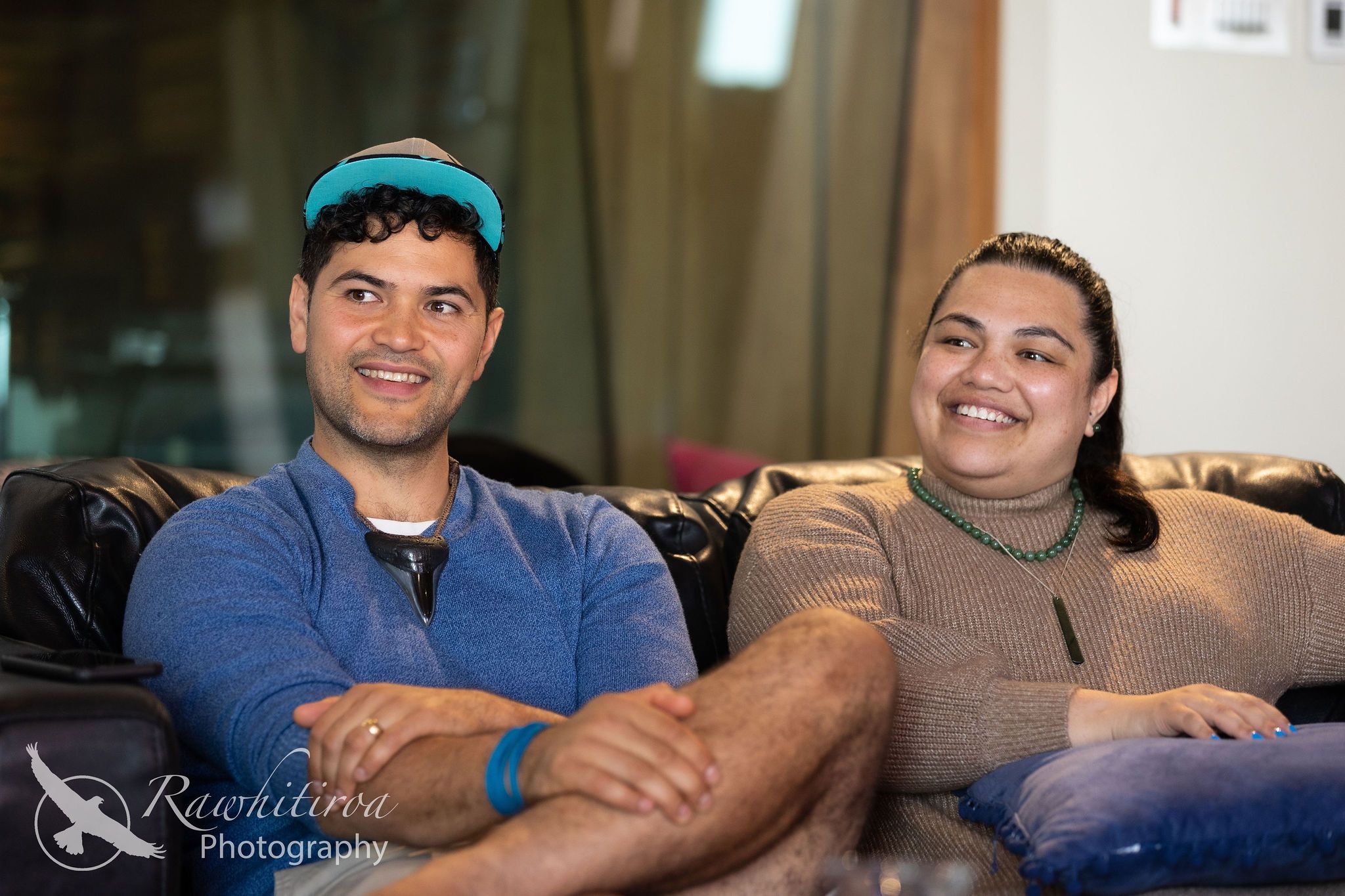Te Reo Māori Stealing Show at Silver Scrolls
The growing influence of te reo Māori in the music industry can't be missed - and there's a growing appreciation for Māori songwriting in one of the country's most coveted awards nights.
Written by

Getting your name attached to a Silver Scroll finalist is a career milestone that many crave but few get to taste.
Seeing your name come up twice in the same year is an incredible feat.
To make it even more special for some, there's a spotlight being put on te reo Māori with this year's contenders for both the marquee Silver Scroll and Maioha award for October's Awards night in Wellington.
The name that gets the headlines is household name Stan Walker - who not only co-wrote but performs contenders for both the Silver Scroll and the Maioha gongs with I Am and Māori Ki Te Ao respectively.
But he's not alone in looking at double delight in those categories in 2024.
Co-writer on both those songs Donny Te Kanapu Anasta is also along for the ride - and the pairing of Ruth Smith and Kawiti Waetford are part of the writing team for Anna Coddington's Kātuarehe (with Coddington and Noema Te Hau III) for the Scroll and He Rei Niho - performed by Jordyn with a Why aka Jordyn Rapana in contention for the Maioha (Rapana and Dan Martin are co-writers as well).
It's a special acknowledgement for opera singer & Māori language translator Waetford (Ngāti Wai, Ngāti Hine, Ngāpuhi, Te Rarawa) - and with the arrival of Te Wiki o Te Reo Māori, it's another example of the impact the reo movement is having across the motu.

Waetford told The Big Idea "Ko koe, ko au, ko tātou. When it comes to our reo and the promotion and advancement of our Māori narratives and worldviews on both national and international stages, we are all acknowledged and we all win.
"Te ao Māori focuses on the collective, and these taonga, these songs, are a reflection of that—ehara taku toa i te toa takitahi, he toa takitini kē nō ngā mātua tūpuna.
"Whether contributing ideas, concepts, lyrics, or backing vocals, each of us plays a part in the whole. I'm more interested in people learning about the incredible kaupapa and process through which these songs are created via SongHubs. I believe this project is immensely valuable and deserves to continue for the benefit of future artists, our language, and our music."
The direct impact on the industry is unmistakable as well. "It means we are contributing to the Māori economy—quite literally," Waetford details, "empowering those who influence the hearts and minds of significant demographics amplifies our reo, our narratives, and our worldview.
"It also broadens the reach of our messages both nationally and internationally. As an opera singer, entertainer, and reo Māori translator, it provides me with opportunities to expand my reach, collaborate on diverse kaupapa, and enhance my skills and experience.
"Music has always championed ideas that might be minority or unconventional. Its power lies in its ability to transcend culture and language, speaking directly to the soul, unifying people—much like Verdi did with his song Va pensiero, using his music as a conduit of resistance against political oppression.

"APRA, guided by Dame Hinewehi in the kaupapa of Reo Māori SongHubs, is creating pathways for both current and future generations of kaitito and kaiwaiata reo Māori—nei rā te mihi nui, te mihi whakamānawa atu rā ki a rātou!"
Part of what makes the Silver Scroll so special is the fact it's voted on by APRA members. "Peer voting means that a level of expertise is involved in the process, rather than a public popularity contest," enthuses Waetford.
"It also considers a range of factors beyond the song itself, including musicianship, the quality of language used, instrumentation, and the wider social impacts related to current issues addressed or woven into the song.
"Often, artists are at the mercy of industry trends, sales, and the fads of the time—peer input adds another layer of consideration. This evaluation gives me confidence that the details and depth of thought put into the piece are more likely to be acknowledged.
"One thing that APRA awards provide for artists, particularly emerging ones, is a platform for their peers, tuākana, and the industry to see them shine.
"It’s also a great opportunity to meet new people, reconnect with colleagues, and strengthen invaluable networks. I also appreciate how APRA encourages artists to reimagine songs in creative ways and then have them performed for the originators!"
It will be a memorable night for all involved - and there will be an immense amount of pride in hearing the tales of te ao Māori take centre stage.